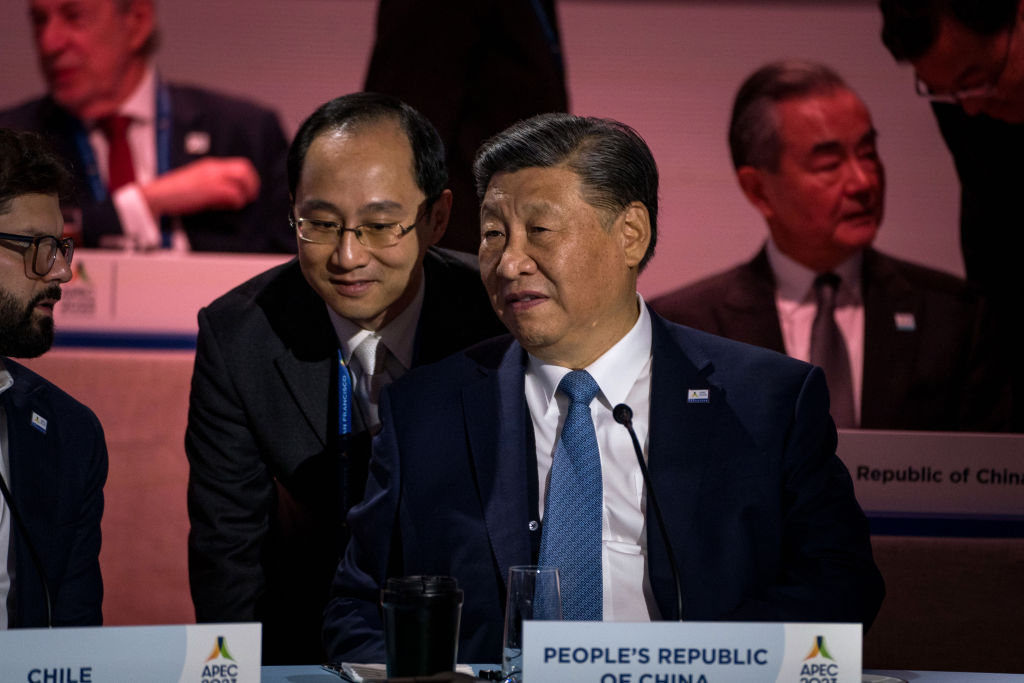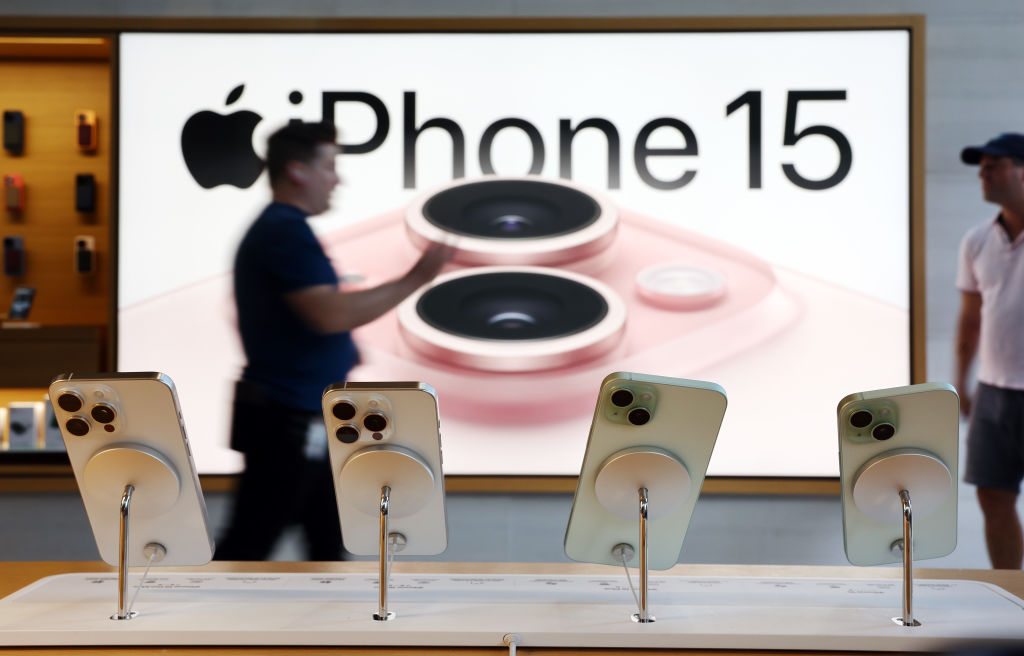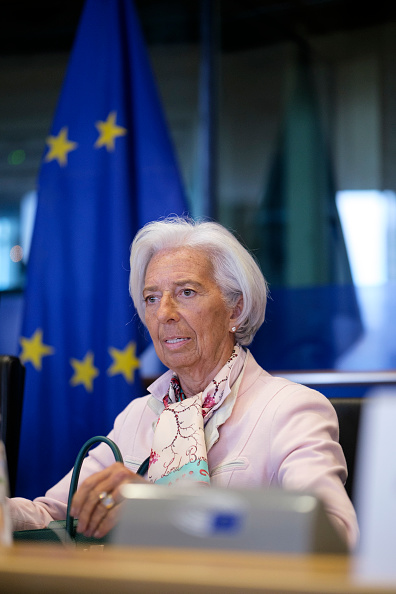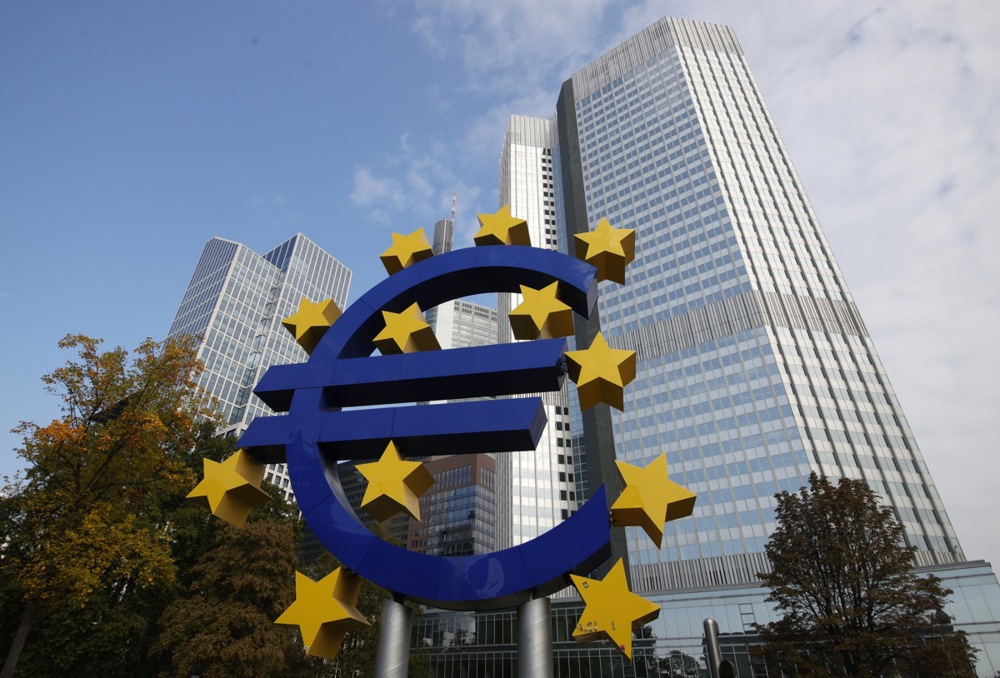Margrethe Vestager, European Commissioner for Competition, is expected to throw her weight around with the CEOs of Apple and Google during her US trip, which began on January 11.
Vestager’s message to Big Tech upon arrival was one of “all change” as the European Union looks to fully implement the Digital Markets Act (DMA).
“DMA compliance day is just around the corner,” Vestager posted on X as she landed in California, referring to the EU act that came into effect in May last year.
“It may be necessary for us to open non-compliance cases. If complied with, there will be changes to your business model. I don’t think they will change without at least a bit of resistance,” she said.
At the same time as she arrived in the US, the Court of Justice of the European Union’s advocate general Juliane Kokott upheld a $2.7 billion EU anti-trust fine against Google.
She found the company was “leveraging its dominant position on the market for general search services to favour its own comparison shopping service by favouring the display of its results”.
The judges will make a final decision about the fine in coming months. They usually follow their top advisor’s recommendations.
Vestager, who has been called the “bane of Big Tech”, is doing the rounds of Apple, Google parent Alphabet, Broadcom and NVIDIA chiefs just as the EU ramps up its regulatory battle with the so-called “gatekeepers” of technology.
“The meetings are interesting because it seems like some of the tech giants are finding new ways of getting around anti-trust and she might want to look into that,” Pernille Tranberg, founder of Danish think-tank DataEthics.eu, told Brussels Signal.
It seems the theme of Vestegar’s trip to see Big Tech’s big-shots is that they are competing unfairly with upstart rivals and therefore possibly need to be taken down a peg or two by Brussels.
With her X post and in her courtesy calls to CEOs, she has put Apple and Google on high alert for new EU non-compliance cases that may be coming after March 7.
That date is when the bloc wants big “gatekeeper” platforms to submit audited reports on the vast amounts of data they use to profile customers, thereby possibly putting their smaller competitors at a disadvantage.
If the reports are not “up to standard”, it seems likely non-compliance cases will be forming an orderly queue.
Calling on Tim Cook at Apple’s $5 billion Norman Foster-designed headquarters, Vestager drummed home the message that the DMA also meant Apple needed to allow apps to be distributed outside the App Store.
Her meeting with Cook came just as EU regulators apply finishing touches to an anti-trust order that slaps Apple with a potentially hefty fine for the App Store allegedly discriminating against Sweden’s Spotify.
Going to battle with huge American behemoths for smaller European companies trying to compete in the tech marketplace may also be designed to reinforce an EU facing growing Euroscepticism at home.
Back in Europe, though, not all netizens were impressed with targeting the likes of Apple.
“As an iPhone user, I don’t want the option to sideload apps. That’s exactly why I chose not to be an Android user,” wrote Lucas Danieli on X.
“I prefer my phone to be safe. It would be insightful to conduct a poll to see how few people in the iOS world demand this feature,” he added.
Just out of my meeting w/ @sundarpichai. We discussed:
? compliance with #DMA e.g. design of choice screens, self-preferencing
? ongoing @EU_Competition cases e.g. @Google #AdTech pic.twitter.com/nzlJDVpqy0— Margrethe Vestager (@vestager) January 12, 2024
Calling on Sundar Pichai, coming to the end of his first decade as CEO at the helm of Google/Alphabet, Vestager brought a similar message warning Google against using its search engine to put its own products and services at an advantage.
To the chip companies Broadcom and NVIDIA, her business was regarding supply chains. Moving more foundries to Europe would mean German carmakers would be less likely to face chip shortages from South Korea and Taiwan, as happened during the 2020-2021 COVID lockdowns, it is argued.
Faced with booming demand for personal devices from users stuck at home, chipmakers decided to sell to Apple rather than smaller customers such as the German motor industry.
Chips are “part of our economic security,” said Broadcom’s Cristiano Amon.
Aside from sabre-rattling, Vestager is also engaged in a bit of information gathering, too, Tranberg said.
Microsoft’s multibillion-dollar investment in OpenAI could face an EU merger probe.
The EC announced on January 9 it was “checking whether Microsoft’s investment in OpenAI might be reviewable under the EU merger regulation”.
Tranberg said: “Microsoft cannot really buy OpenAI because of anti-trust reasons, but they’ve invested heavily in it, and saved Sam Altman as CEO.
“And the question is how much OpenAI is de facto Microsoft. Maybe Google can help with some info on that.
“So that is what I think she is doing.”





